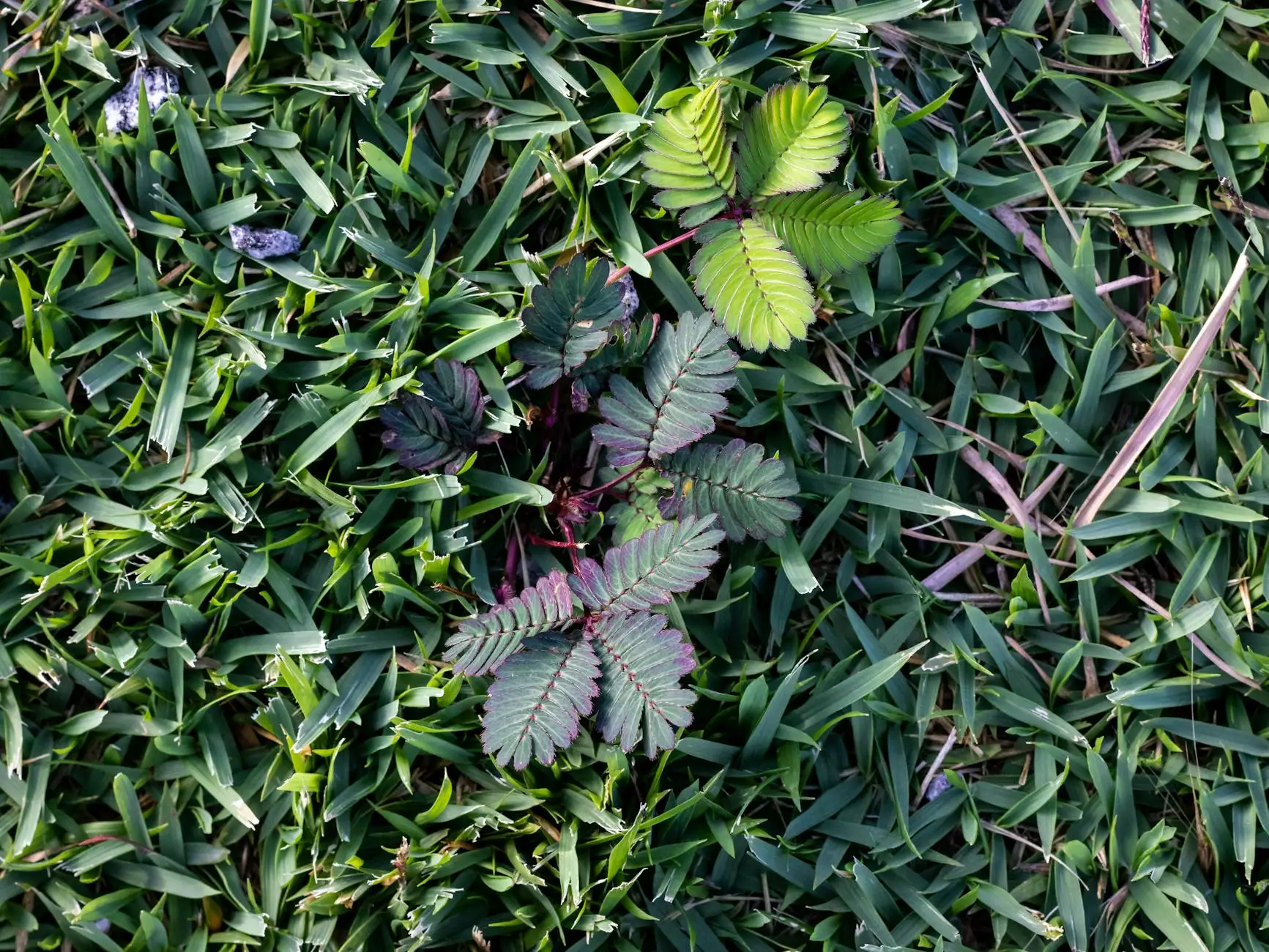Can a Lobster Die of Old Age? Exploring the Mysteries of Lobster Longevity

Lobsters are intriguing creatures that have fascinated scientists and seafood enthusiasts alike. Known for their delectable taste and chewy texture, these marine crustaceans are not just an important part of our culinary world but also part of a captivating biological enigma. This article delves into the question: Can a lobster die of old age?
The Biology of Lobsters
Lobsters belong to the family Nephropidae and are primarily found on the ocean floor. Notable species include the American lobster (Homarus americanus) and the European lobster (Homarus gammarus). These animals have a hard exoskeleton, which they periodically shed during a process known as molting.
Growth and Molting
The molting process is critical for a lobster's growth. When lobsters molt, they shed their old shells and emerge with a larger body encased in a new, soft shell. This process is both vulnerable and necessary, as lobsters need to be careful from predators until their new shell hardens. The number of molts decreases as lobsters age, leading to speculation about their longevity.
Longevity in Nature
Lobsters are often believed to have a long lifespan, with estimates suggesting that they can live up to 50 years or more in the wild. This longevity is primarily due to their unique biological composition and lack of certain age-related diseases that affect other species.
Can Lobsters Die of Old Age?
When pondering whether a lobster can die of old age, it’s essential to consider what that actually means. Unlike most living organisms, lobsters do not show typical signs of aging. They do not suffer from a decline in reproductive capability or a deterioration of bodily functions as they age. This phenomenon leads some researchers to suggest that lobsters could theoretically live indefinitely under optimal conditions.
The Role of Telomerase
One of the key factors contributing to the longevity of lobsters is the presence of an enzyme called telomerase. This enzyme helps maintain the telomeres at the ends of chromosomes, promoting cell division and preventing cellular aging. While most animals experience cellular aging that eventually leads to death, lobsters continue to produce telomerase throughout their lives, which may explain their prolonged lifespan.
MytH: Lobsters and Elderly Age
The belief that lobsters can die of old age is more of a myth than a scientific fact. Even if lobsters do not “age” in the traditional sense, they are susceptible to other factors that may lead to their demise:
- Predation: Lobsters are preyed upon by larger marine animals, including fish and seals.
- Environmental Changes: Changes in ocean temperature, pollution, and habitat destruction can affect their survival rates.
- Molting Issues: As lobsters get older, they may struggle with molting, which can become increasingly difficult and traumatic.
Lobster Fishing and Age
The fishing of lobsters presents another interesting angle on their longevity. In commercial fishing, many lobsters are caught before they even reach full maturity. Fishermen often follow regulations on lobster sizes to ensure sustainability. Catching lobsters that have not yet reached significant age can disrupt the natural balance and longevity of the species.
Conservation Efforts
With the growing popularity of lobster as a delicacy, conservation efforts are being implemented to ensure that lobster populations remain abundant. These efforts include:
- Size Limits: Regulations regarding the minimum size of lobsters that can be caught help protect young lobsters.
- Female Protection: Fishermen are often required to return berried lobsters (females carrying eggs) back to the sea.
- Season Restrictions: Limiting the fishing season helps ensure that lobsters can breed during their peak times.
Culinary Delights: The Lobster Experience
Beyond their biological mystique, lobsters are a culinary treasure. Their firm flesh and rich flavor make them a prime choice for various gourmet dishes. Lobster can be prepared in numerous ways, including:
- Grilling: A popular method for retaining the juicy flavor while adding a smoky essence.
- Steaming: Often considered the best way to cook lobsters, as it keeps their meat tender and moist.
- In Pasta: Lobster pasta combines rich flavor with creamy or tomato-based sauces for an indulgent dish.
Conclusion
In summary, while a lobster can die of old age may not hold true in the traditional sense, the remarkable biology of lobsters allows them to live extensive lives under favorable conditions. As we continue to understand these fascinating creatures, it’s crucial to appreciate not only their ecological role but also their culinary significance. Enjoying lobster should come with a commitment to support sustainable practices, ensuring that these remarkable animals can thrive for generations to come.
For more insights on lobsters and other delicious seafood options, visit our restaurant section at elifeForum!









